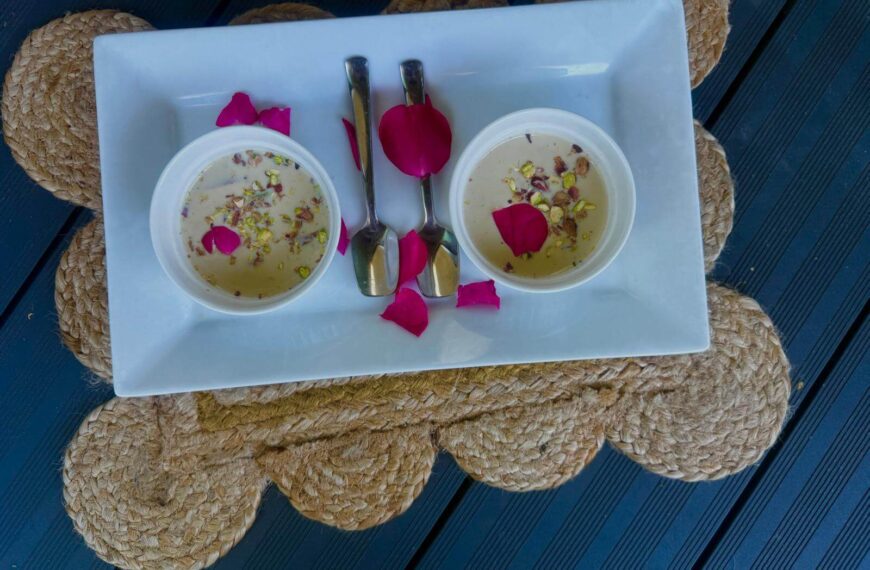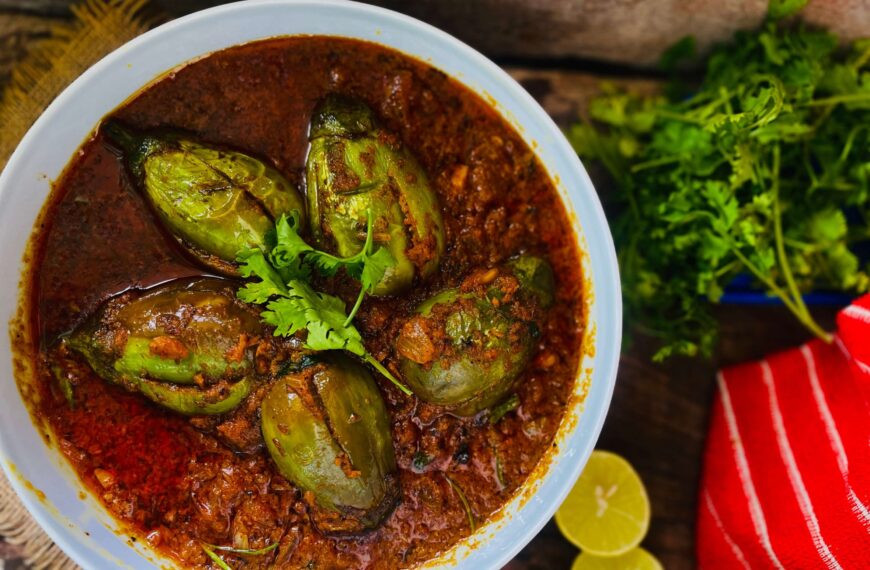Lily tells us about Deolali Camp. It was a Class 1 Cantonment built in 1869 for the rest and recuperation of World War II troops. Situated on a plateau 2000 feet high, surrounded by the picturesque Sahyadri Range. It is a popular hill resort not too far from Mumbai. The salubrious climate of Deolali made it the perfect destination for sanatoriums. Wealthy Parsis and Gujratis had beautiful properties here, which were like green getaways from the hustle bustle of Mumbai. The prestigious Barnes School had many celebrity students. The dashing Hindi film star Vinod Khanna also schooled here. This place had the famous School of Artillery, so there were endless batches of officers coming and going. Here’s an interesting account, in the weekly column, exclusively for Different Truths.
Army officers rarely if ever have a dull moment in peace time as well. Besides the rigorous physical training in the wee hours and the competitive games during evening, there are lots of studies involved to update oneself technologically and to qualify for promotions to the next rank. As we had to move for a long course in gunnery, I looked with woebegone eyes at his bachelor days treasures of one and a half war  -battered trunks, two and one fourth grimy curtains and a few torn lungis ( a piece of cloth to tie around the waist), which he preferred to sleep in.
-battered trunks, two and one fourth grimy curtains and a few torn lungis ( a piece of cloth to tie around the waist), which he preferred to sleep in.
It was my first taste of moving home at the drop of a hat. Our still meager worldly belongings were gathered in steel trunks and hastily assembled wooden boxes that were ruthlessly painted a deadly black and the husband’s name and rank written in white paint. One needed to have dressy saris for the unending dining outs. A helpful lady explained to me that since all the luggage would go off in a truck much before we moved, I must choose the clothes that I would carry with me to the new place of posting wisely.
I had collected highly artistic and fascinating pieces of driftwood from the rivers and streams around the swoon worthy state of Himachal Pradesh during our drives and picnics. Stopping the jeep and scampering off to rescue a floating piece of wood was my passion those days.
Wondrous dry arrangements could be created with these adding a gold painted pine cone or some stalks of dry reeds and coloured grasses. Now, when the truck was being loaded I asked the soldier helping us, about my precious cargo. Imagine my horror when he told me with an innocent straight face, “Oh Madame, I thought you were collecting firewood for the fireplace. I just tossed them back in the woods!”
He admonished me like an indulgent uncle for my unladylike like hoarding activities as well!
 We army wives have our own special and indigenous methods of carrying our favorite things, which we evolve or hit upon by trial and error. There were some papier-mâché statues that lasted me all my army life because I carried them lovingly wrapped in paper and cloth on the shelves of a weary looking kitchen hot case. Large ceramic vases could be rolled inside the folds of cotton wool stuffed quilts and carpets could protect valuable art work, placed in between the rolls. My mother-in- law taught me to make a little pouch to carry my jewelry tied to the strings of my Punjabi salwar (draw string trousers). Much later as I was bolder, I often took the risk of sending them all the way across the length and breadth of India, in the truck inside the steel almirah, which was an important part of my traditional trousseau.
We army wives have our own special and indigenous methods of carrying our favorite things, which we evolve or hit upon by trial and error. There were some papier-mâché statues that lasted me all my army life because I carried them lovingly wrapped in paper and cloth on the shelves of a weary looking kitchen hot case. Large ceramic vases could be rolled inside the folds of cotton wool stuffed quilts and carpets could protect valuable art work, placed in between the rolls. My mother-in- law taught me to make a little pouch to carry my jewelry tied to the strings of my Punjabi salwar (draw string trousers). Much later as I was bolder, I often took the risk of sending them all the way across the length and breadth of India, in the truck inside the steel almirah, which was an important part of my traditional trousseau.
The new destination was Deolali Camp, a Class 1 Cantonment built in 1869 for the rest and recuperation of World War II troops. Situated on a plateau 2000 feet high, surrounded by the picturesque Sahyadri Range. It is a popular hill resort not too far from Mumbai. The Hindu pilgrimage center Nashik is close by. The salubrious climate of Deolali made it the perfect destination for sanatoriums. Wealthy Parsis and  Gujratis had beautiful properties here, which were like green getaways from the hustle bustle of Mumbai. The prestigious Barnes School had many celebrity students. The dashing Hindi film star Vinod Khanna also schooled here.
Gujratis had beautiful properties here, which were like green getaways from the hustle bustle of Mumbai. The prestigious Barnes School had many celebrity students. The dashing Hindi film star Vinod Khanna also schooled here.
This was one of the most unforgettable postings of our army tenure because there was an almost electric vibe in the Cantonment. This place had the famous School of Artillery, so there were endless batches of officers coming and going. Young, either newly married or with a toddler in tow.
We changed six places of residence as those days there was a paucity of official accommodation. The first was a heritage building belonging to the fast dwindling community of Parsis in India. It was in a thickly forested area with a meandering drive in. The old world charm won my romantic heart straight away. There were miles and miles of vineyards all around. The wine from those grapes is now world famous. There was a tradition of army wives drying grapes on the ground to convert them into raisins. We all learnt the technique laboriously.
 A spate of new homes followed in rapid succession. The men had absolutely no time as they were students here, so there was no help for me to move house with a small child. It was a God sent blessing when I bumped into a driver from our regiment driving a school bus on the roads. I requested him to help me shift. Imagine my amused and bewildered face as I saw him drive in cheerfully in the school bus to cart my household goods. We threw in everything on the seats and off we went to the next house. A friend had gone on a two-month vacation and generously left his home open for us. The neighbours watched open mouthed as I alighted with my daughter in my arms and boxes and utensils tumbling out of a school bus.
A spate of new homes followed in rapid succession. The men had absolutely no time as they were students here, so there was no help for me to move house with a small child. It was a God sent blessing when I bumped into a driver from our regiment driving a school bus on the roads. I requested him to help me shift. Imagine my amused and bewildered face as I saw him drive in cheerfully in the school bus to cart my household goods. We threw in everything on the seats and off we went to the next house. A friend had gone on a two-month vacation and generously left his home open for us. The neighbours watched open mouthed as I alighted with my daughter in my arms and boxes and utensils tumbling out of a school bus.
As the men were busy burning the midnight oil to excel in their courses, the ladies forged lifelong friendships and bonds in the corridors of the student accommodation. A tiny kitchenette with a small bed room and miniature sitting area allowed only a portion of luggage to be opened. Most kids’ birthday cakes were baked in a fossil of a round oven that some wise lady had opened up. There were gossip sessions in nighties with coffee and tea flowing. As we were from all corners of India, we learnt to cook dishes from each state.
Much bonhomie and camaraderie laced these cooking sessions. One of my best friendships evolved from here. I love those ladies like sisters, as we tried everything under the sun from winged eyeliners, to Guyanese chicken, from Punjabi folk songs to pilfering a branch for our one and only flower pot. Children were put to sleep in a row with one mom singing a mass lullaby for all.
Social evenings in the Temple Hill Institute were glamorous and full of good food and dancing. Nestled in a picturesque golf course this is one of the brightest institutes of the army fraternity. Musical evenings were held and the last part of each course was something called a “drama leg”. Courses outdid each other to put up stellar performances. Hilarious practice sessions brought up exemplary talent. Army wives are a treasure trove of talent even if I risk sounding immodest. Fierce though healthy competition ruled the roost.
The May Queen Ball was such a visual treat. Ladies cat walked on the T with élan. Age was no bar as instructors’ wives joined the bandwagon as well. There was much heartburn if a graceful senior lady beat the pretty young things to the crown. I remember being the master of ceremonies for this gala event. A dear friend won that year. It was a special feeling for me as this lady had a huge burn scar on her right cheek. She concealed it artfully with a sweep of hair.
Economy had not opened up much in India those days. It was the mid-eighties and imported goods were a craze. Though Mumbai was not too far away, most of us students hardly had time to travel. The tiny hamlet of Deolali sprouted a crop of shacks selling imported perfumes, watches and even clothes. It was quite the craze to buy stuff in installments.
An Indian version of ice cream known as kulfi had become iconic due to its unbeatable taste in the streets of Deolali. It had saffron and pistachios to hike the yummy quotient. Afternoons meant that all kids and mamas had one ear cocked to hear the bell of the kulfi vendor. Bharat Cold Drink House was the watering hole for delicious juices and falooda in the evenings.
One might knock into the debonair charmer Arjun Rampal then a young lad, riding a two wheeler. He went on to become one of the leading models and heartthrobs of India.
My memories of this oasis of lakes and undulating hills is that of a giddy goat time of revelry with the pounding of artillery guns reverberating in my ears like Babar’s zamzama (thunderous roar).
©Lily Swarn
Pix from Net.








 By
By

 By
By